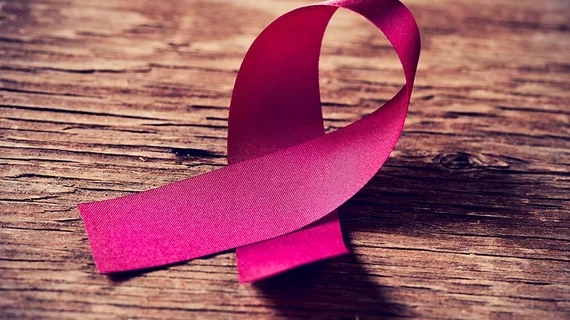Most early-stage breast cancer patients may be able to skip chemo in favor of hormone therapy
Researchers, in a study published June 3 in the New England Journal of Medicine, reported women with early-stage invasive cancer could skip chemotherapy if they are at medium to low risk for recurrence—instead opting for hormone therapy after surgery.
“The results of our trial suggest that the 21-gene assay may identify up to 85 percent of women with early breast cancer who can be spared adjuvant chemotherapy, especially those who are older than 50 years of age and have a recurrence score of 25 or lower, as well as women 50 years of age or younger with a recurrence score of 15 or lower,” wrote Joseph A. Sparano, MD, lead author of the study.
The research team performed a prospective trial involving women with hormone-receptor–positive, human epidermal growth factor receptor 2 (HER2)–negative, axillary node–negative breast cancer. Some 6,711 women, with midrange recurrence scores (from 11 to 25), were assigned to receive chemoendocrine therapy or endocrine therapy alone.
At nine years, the two groups of women had similar deisease-free survival rates (83.3 percent for the endocrine-only group and 84.3 percent for the chemoendocrine group). The researchers found some benefit of chemotherapy in women under the age of 50 with a recurrence score between 16 and 25.
"This information really addresses a major unmet medical need to have a very high level of evidence to make potentially life-saving decisions," Sparano said, in an interview with NPR. "This has very important public health implications. It helps direct patients to the right therapy, so that we're treating the right people with the right therapy at the right time."
At least two-thirds of all patients who could take the genetic test would fall in the middle range addressed in this study, meaning much less consternation over whether to undergo chemotherapy.

